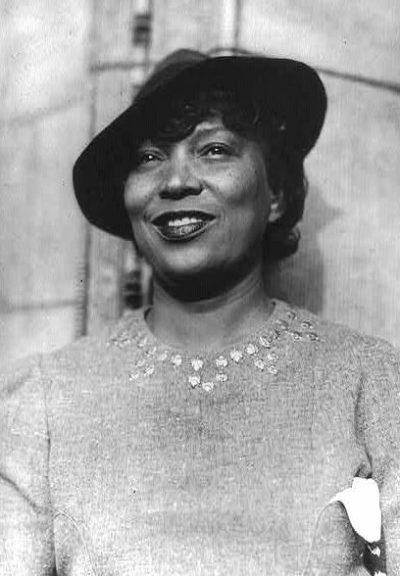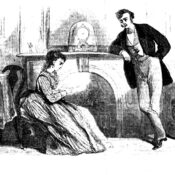 The Saturday Evening Post‘s celebration of Black History month continues with this Famous Contributor’s column focusing on anthropologist and novelist Zora Neale Hurston.
The Saturday Evening Post‘s celebration of Black History month continues with this Famous Contributor’s column focusing on anthropologist and novelist Zora Neale Hurston.
Like fellow famous contributor Langston Hughes, Hurston rose to prominence during the Harlem Renaissance, where she became respected as one of the top authorities on Black culture. Her unique blend of fictional prose and anthropological science led her to become one of the first widely-celebrated African-American writers. In 2002, scholar Moleti Kete Asanti named her one of the 100 Greatest African Americans; her life is currently celebrated every year at “Zora Fest” in Fort Pierce, Florida; and her home is a National Historic Landmark.
Born in 1891, Hurston’s belief that there could be more equality in America was instilled at a young age. She grew up Eatonville, Florida—one of the first incorporated African-American communities in America—and her experiences in the self-sufficient city convinced her that blacks could indeed live successfully if free from the constraints and prejudices of white society. She would refer to Eatonville as a Utopian community in much of her writing later in life. Today, the city celebrates Hurston’s legacy with another festival, the annual Zora Neale Hurston Festival of the Arts and Humanities.
People first began to take note of Hurston’s talent when she was enrolled at prestigious Howard University, but it was when she moved to Harlem that her popularity really began to take hold. Her background in anthropology provided endless material for her writing, as her academic travels took her to places such as Haiti, Jamaica and throughout the South, and her novels reflected African-American folklore that many Americans had never been exposed to. Books written by Hurston such as Their Eyes Were Watching God and Jonah’s Gourd Vine are remembered as all-time greats.
While considered one of the preeminent sources on African Americans in the 30s and 40s, her viewpoints would later cause her to fall out of favor with many contemporaries. She believed the old mantra of “separate but equal” could actually succeed and opposed such civil rights landmarks as the “Brown vs. Board of Education” decision and FDR’s New Deal, which caused her to become unpopular in her later years.
Below is her short story “The Conscience of the Court,” which appeared in the Post in 1950.
[embedpdf width=”700px” height=”900px” ]http://www.saturdayeveningpost.com/wp-content/uploads/satevepost/19639593.pdf[/embedpdf]
Become a Saturday Evening Post member and enjoy unlimited access. Subscribe now



